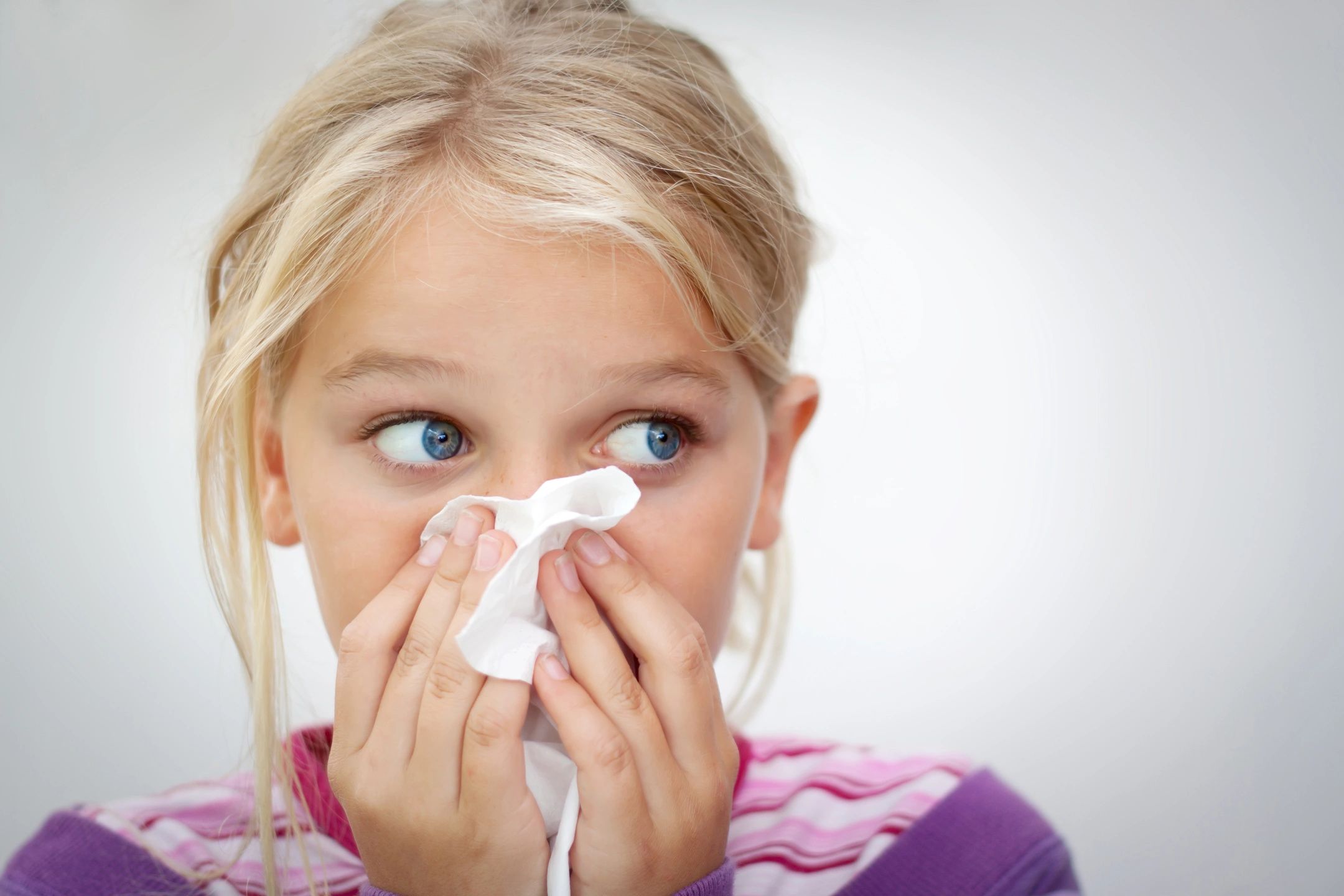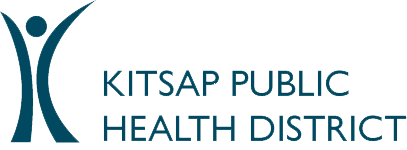
Actions Requested
- Recommend everyone 6 months or older get influenza vaccine, unless contraindicated.
- Vaccinate against influenza at every opportunity.
- Know the optimal times to give influenza vaccine.
- See our Influenza page to access local, state and national influenza information.
- Review influenza testing and treatment guidelines.
- Report influenza deaths and outbreaks in congregate settings by calling Kitsap Public Health (360)728-2235.
- Be aware that Respiratory Syncytial Virus (RSV) is on the rise.
- Consider testing patients with respiratory illness for RSV.
Background
Kitsap Public Health District tracks local influenza and RSV trends and reports them in our respiratory illness report. This report includes test data from Kitsap’s labs and hospital and hospital emergency room visit data. The report is released weekly during flu season (September through May). Use this link to sign up to receive the respiratory illness report.
Surveillance
Purpose of surveillance:
- To detect the emergence of novel influenza
- To monitor influenza activity in the community
- To identify clusters of severe illness and outbreaks of influenza in institutional settings
- To monitor mortality from laboratory-confirmed influenza
Influenza Vaccine
This season’s updates in Centers for Disease Control and Prevention’s (CDC’s) Prevention and Control of Influenza (MMWR Vol. 71/No. 1):
- All vaccines this season are quadrivalent and protect against influenza A-H3N2, influenza A‑H1N1, influenza B (Victoria lineage) and influenza B (Yamagata lineage). The influenza A (H3N2) and influenza B (Victoria) components are different from last season.
- Adults 65 or older should get higher dose or adjuvated influenza vaccine. If none are available at an opportunity to vaccinate, use another appropriate vaccine.
- Everyone 6 months or older (without contraindication) should have received the influenza vaccine by the end of October.
- To ensure enough time for vaccine response prior to influenza circulating, encourage vaccination for the following groups now:
- People in the third trimester of pregnancy, to give them and their babies the best chance of protection.
- Children younger than 9 who will need 2 doses separated by at least 28 days, to allow enough time for both doses before influenza circulates.
- Administer influenza vaccine throughout influenza season, into spring.
- CDC has provided guidance for people who have had allergic reactions to influenza vaccine, including which vaccines are contraindicated, and which can be used with precautions. See MMWR Vol. 71/No. 1.
- You can give influenza vaccine at the same time as COVID-19 vaccine or separated by any number of days. If given at the same time, use separate anatomic sites.
Influenza Reporting
Our influenza surveillance relies on reports from healthcare facilities and medical providers.
Report the following to Kitsap Public Health 24/7 by calling (360) 728-2235:
- Lab-confirmed influenza deaths (at any age)—within 3 days.
- Patients with suspected novel influenza virus—immediately.
- Outbreaks of influenza-like illness or lab-confirmed influenza in congregate settings (e.g., long term care facility)—immediately.
Respiratory Syncytial Virus Infection (RSV)
RSV infection can cause a variety of respiratory illnesses. It most commonly causes a cold-like illness but can also cause lower respiratory infections like bronchiolitis and pneumonia.
- Severe disease most commonly occurs in very young infants, however, some older adults and those with chronic medical conditions are also at high risk for severe illness.
- Clinical symptoms of RSV are nonspecific and can overlap with other viral respiratory infections, as well as some bacterial infections, consider RSV in patients presenting with respiratory illness.
- The most used types of RSV clinical laboratory tests are real-time reverse transcriptase-polymerase chain reaction (rRT-PCR) and antigen.
Additional Resources
- Flu page, KPHD
- Flu Overview, WA DOH
- Weekly U.S. Influenza Surveillance Report, CDC
- Seasonal Flu Vaccine Effectiveness Studies, CDC
- Vaccine Finder, CDC
- The National Respiratory and Enteric Virus Surveillance System (NREVSS), CDC
- Respiratory Syncytial Virus Infection (RSV) Provider Resources, CDC
- Provider Resources, KPHD
- Pacific Northwest Respiratory Viral Epidemiology Data, University of Washington Virology
